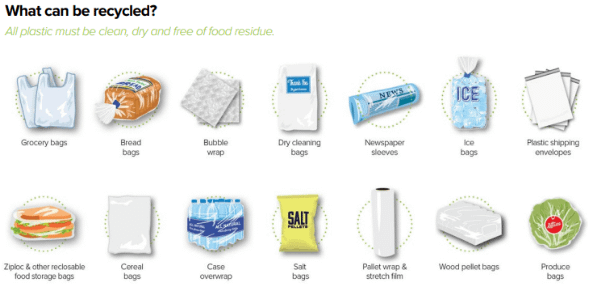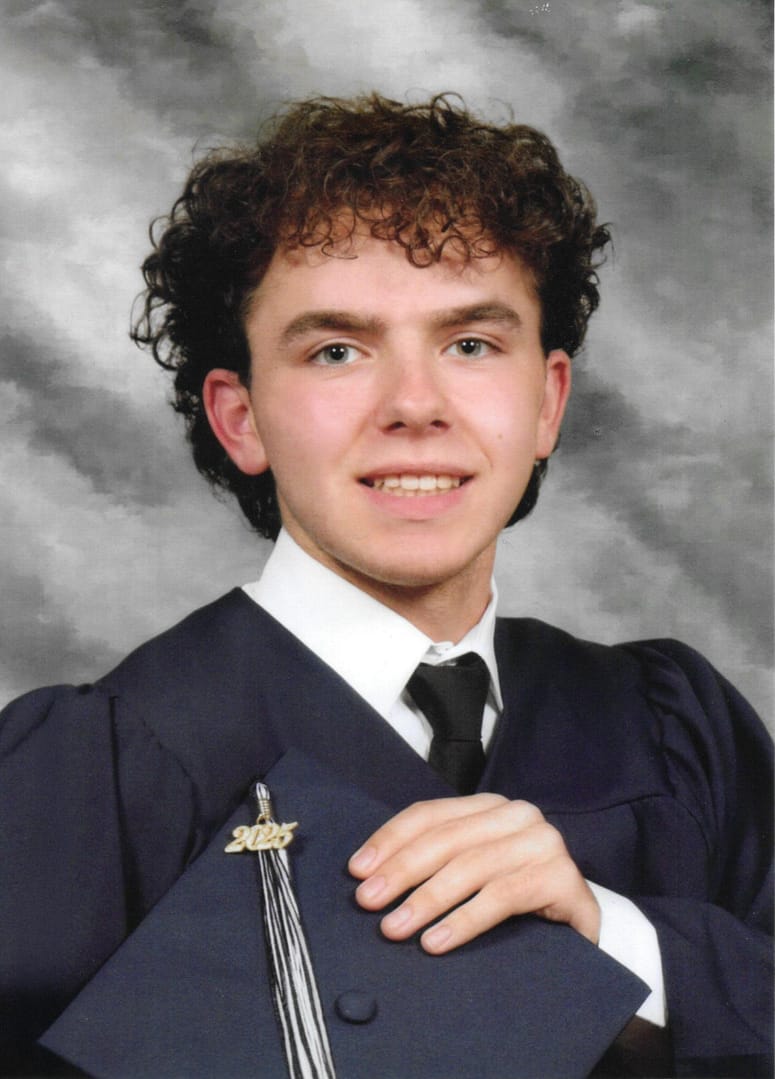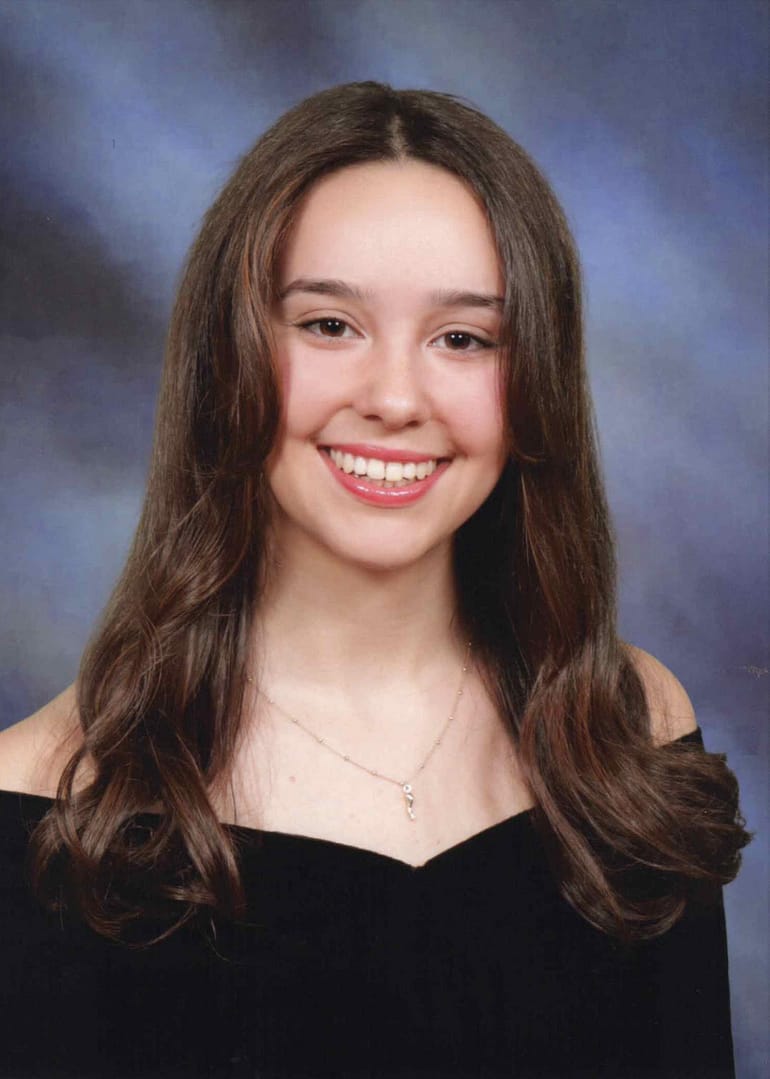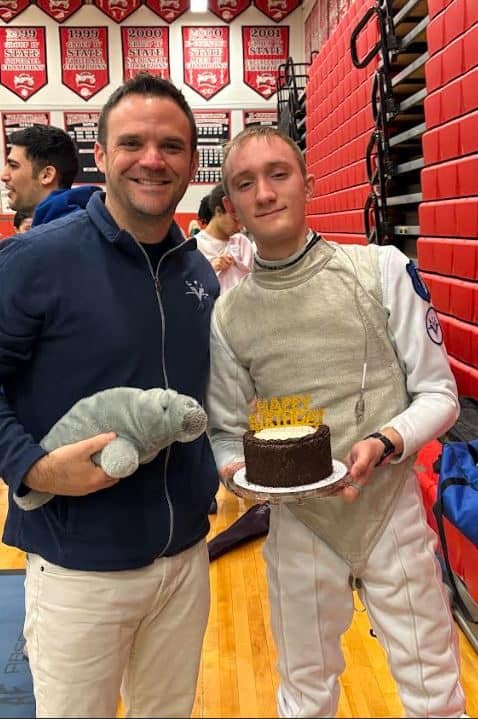In New Jersey, about half of the trash produced by public schools is recyclable. That’s tons of plastic and other recyclable materials that could be put to use, whether it becomes new glass bottles, plastic bags, or carpets. Instead, it’s sitting in landfills, harming the environment.
That’s why Francesca DiGiovanni, a junior here at Valley, started the NexTrex project in November, 2023. According to the program, “The goal of NexTrex is to collect 1,000 pounds of plastic in one year.” However, Francesca hopes to reach this goal by June. Once the 1,000 pounds are collected, “the company Trex donates a bench made completely out of recycled plastic.”
DiGiovanni first heard of this project through Packanack Community emails. “This program has been done at Packanack Elementary School and in the Packanack Community,” she states. She and her mom were inspired by what they saw, and they decided that this would be a good thing to do at Wayne Valley. Over the summer, DiGiovanni met with two women who ran the program at the elementary school. She says, “they were super helpful and together we brainstormed different strategies on how I could make the program work at Valley.”
Once the school year started, DiGiovanni reached out to the principal, Mr. Palczewski, and administrator Mr. Martinez. They were both on board with the project and gave her the go-ahead to start. After approval from the Environmental Club, she began the next step: setting out the designated bins. “There are three bins around the school: one by the courtyard entrance and two by the auditorium entrance,” she says. There is a specific type of plastic allowed to be deposited. “The most simple test to see if something can be deposited in the bins is by trying to stretch the plastic.” If it stretches, you are allowed to deposit it. Harder plastics, like water bottles, however, cannot be deposited. This poses a problem for DiGiovanni because she has to root through the films in order to weed out garbage and other recyclables.
Collecting this plastic has a great effect on the environment. By doing the smallest action of putting plastic in these bins compared to the trash, “all of this plastic is instead reused in a sustainable and simple way that keeps the Earth clean.” Rather than landing in landfills, or the ocean, or other places where it could harm the environment, this plastic is being used to create something entirely new.
DiGiovanni first got into environmental activism from her family. “Growing up, my parents were pretty serious when it came to recycling. If my dad caught my sister or me throwing something recyclable into the garbage, he would immediately take it out and put it in the recycling bin.” Now that she is older, she is the same way with her family and friends. “Though it may seem small, I like to imagine that we are doing our part to help out the environment, even if it’s something simple like throwing plastic in a recycling bin instead of a trash can.”
When asked what she would do, big or small, to help the Earth, DiGiovanni answered (after admitting how hard of a question this is) that she one day wishes to research how animals are affected by climate change and anthropogenic activity. “I want to help endangered species and hopefully prevent others from becoming extinct or endangered.” This activism doesn’t just stop at the high school level. She relayed that a job in the environmental sciences is one of her top career options. “I’ve always known that I don’t want a desk job; I would much rather be out in the world attempting to make a difference and researching ways to help our planet.”







